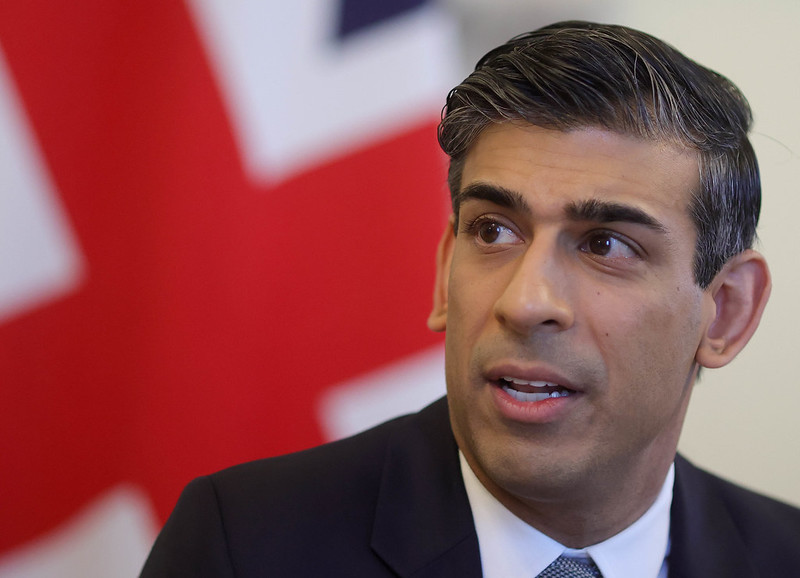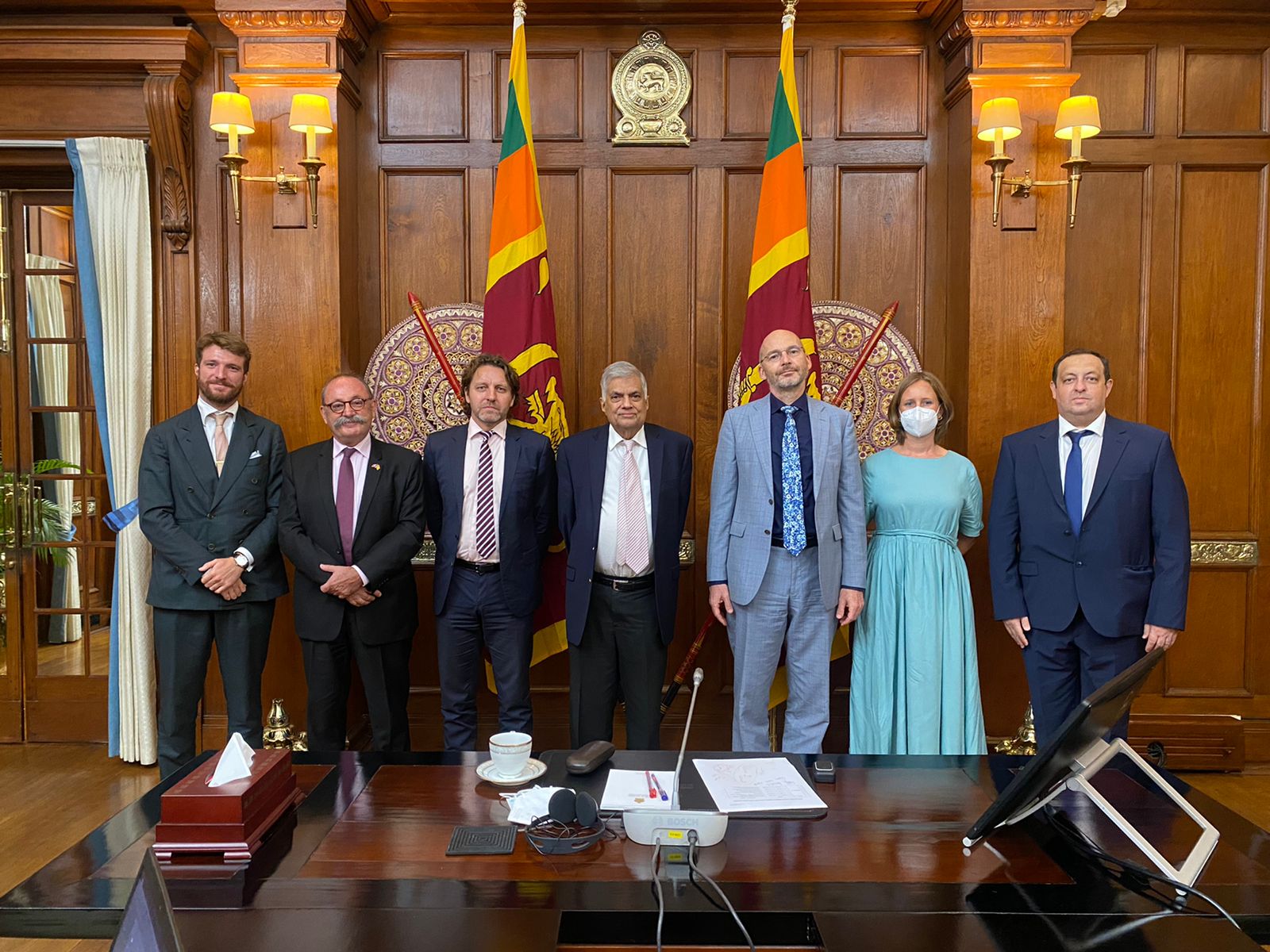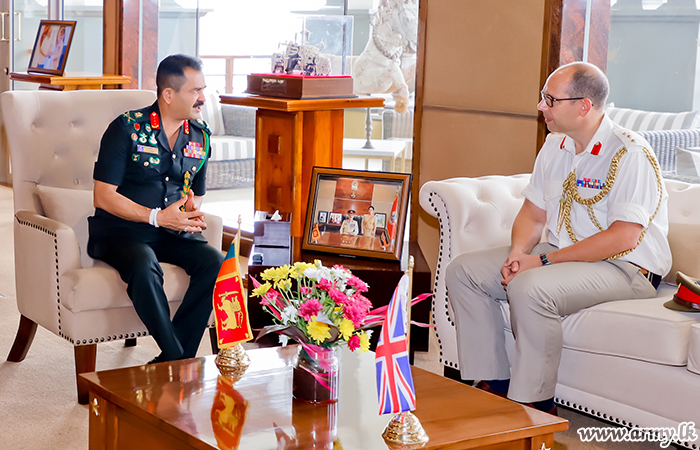![]()
As the EU stressed in conversations with Sri Lanka’s president the need for concrete steps on human rights, Britain’s High Commissioner to Sri Lanka announced that UK’s new Developing Countries Trading Scheme (DCTS) will bolster Sri Lanka’s economy without commenting on the country’s dire human rights record.
The UK's new Developing Countries Trading Scheme (DCTS) is one of the most generous sets of trading preferences of any country in the world, and will benefit Sri Lanka by boosting the economy and supporting jobs. pic.twitter.com/oMXK4d1xw5
— Sarah Hulton OBE (@SarahHultonFCDO) August 16, 2022
The UK’s DCTS seeks to replace the European Union’s GSP+ and will enable Sri Lanka duty-free exports to the UK on 80 per cent of export products and remove tariffs on an additional 150 products. The arrangement will be in place from 2023 onwards despite growing calls from human rights activists and British Tamils for trade agreements with Sri Lanka to be linked with progress on human rights.

Speaking with British Tamil Conservatives, the former Chancellor and Prime Ministerial candidate, Rishi Sunak, stressed the need for aid to Sri Lanka to be conditional and criticised the “inappropriate influence from the military” on the island. His concerns have been shared across the aisle with the leader of the Liberal Democrats, Ed Davey, repeatedly speaking out against granting Sri Lanka preferable trading agreements under the GSP+.
Labour MPs, such as Sam Tarry, have also stressed the need for to review "whether Sri Lanka meets the human rights criteria for the GSP trade tariff scheme it enjoys from the UK and make it conditional on tangible deliverables such as repealing the draconian PTA which allows for arbitrary detention and torture, demilitarising traditional Tamil homelands of the North-East and recommitting to UNHRC res30/1".
In 2010 Sri Lanka lost GSP+ status due to the country’s deteriorating human rights situation however in 2017, this status was restored. Last year, EU parliament passed a resolution on Sri Lanka expressing “serious concern at the rapid deterioration of human rights” and calling on the European Council to consider suspending preferential trading under the GSP+ agreement.

During the EU delegations meeting with Sri Lankan President Ranil Wickremesinghe, the EU delegation emphasised that “concrete action” was needed to make the GSP+ agreement and discussions with the IMF a success.
Despite this, British MPs have raised concerns over the government’s blaze approach to trade with Sri Lanka. Last October, Britain’s Foreign Secretary came under criticism for meeting with her Sri Lankan counterpart and discussing "deepening trade and investment links" without raising the issue of human rights. Shadow Health Secretary Wes Streeting decried the meeting as “simply appalling”.
Truss's predecessor, Dominic Raab, had previously been caught in a leaked recording advocating for the UK to advance trade deals with countries that failed to adhere to international human rights agreements.

Earlier this month, Britain’s Defence attaché also met with Sri Lanka’s current army commander Vikum Liyanage to discuss “enhancing training programmes for Sri Lankan Army personnel” and potential “exchange programmes”. This is despite human rights organisations repeatedly warning that such engagement whitewashes the atrocities committed by Sri Lanka’s army.
